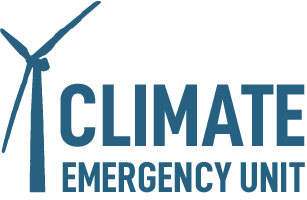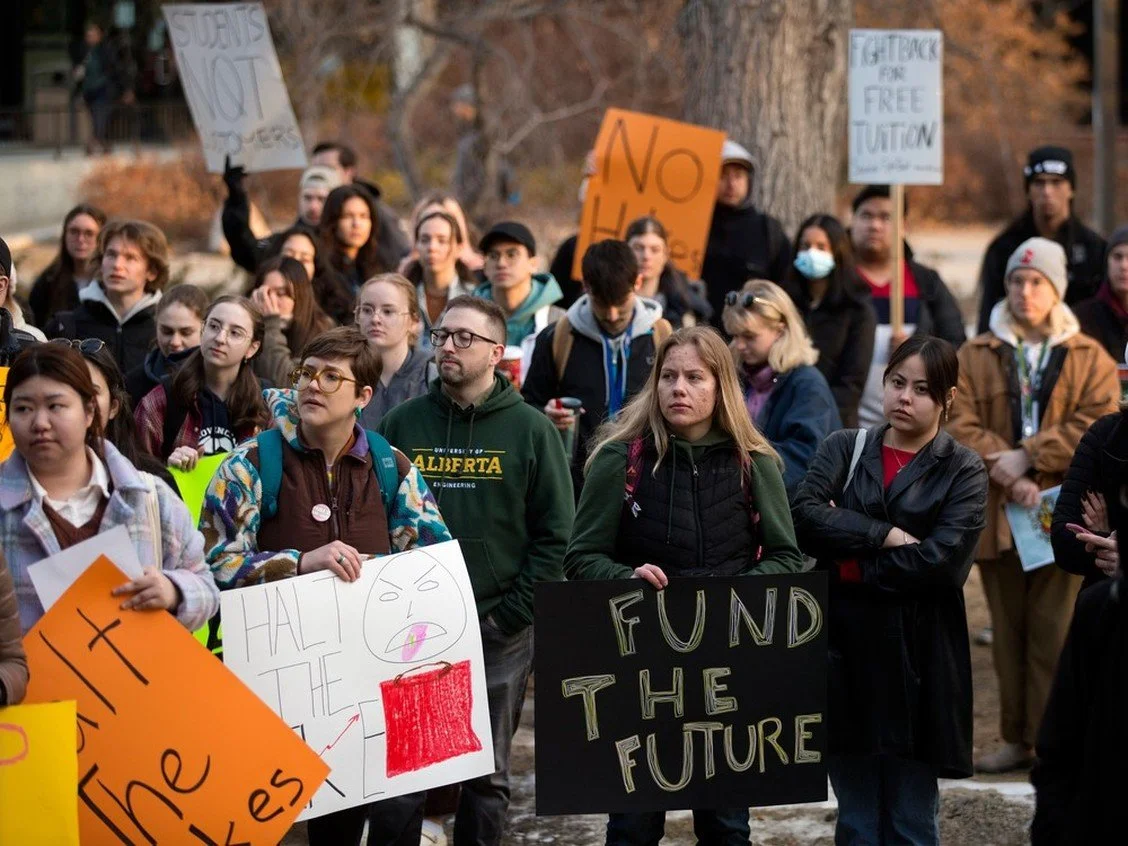Opinion: Youth voters ignored in Alberta election and it proved costly for the NDP
This article was originally published in the Edmonton Journal.
It may be hard to believe, but half of Gen Z (1997-2012) is now eligible to vote; you just wouldn’t know it if you followed last week’s provincial election. With voter turnout at a disappointing 59.5 per cent, it’s likely that youth voter turnout also followed its downward trend. Young voters — many of whom have never voted but care deeply about political issues and who have experienced their most formative years during a pandemic — could have made stark differences in key ridings.
That is, if politicians had bothered talking to us. No message was still a message, and the message was clear: “we don’t need your vote.” The lesson, for those who are willing to learn it, is that the youth vote matters now more than ever, so long as you earn it.
When the so-called Republican “red wave” failed to materialize during the 2022 American midterms, demographic breakdowns revealed that millennial and Gen Z voters finally represented a wedge of the electorate big enough to shift “sure-bet” predictions. A constituency that has long been written off is now proving that it can make or break outcomes in must-win districts, and when youth vote, they overwhelmingly lean towards progressive parties like the NDP.
One would think the NDP could have used that opportunity to present a reason for youth to vote — and stay — in Alberta, yet their only significant campaign promise was to re-introduce a tuition freeze. Beyond that, we were overlooked.
Unfortunately, it seems that an assumption of support continues to stand in for genuine strategy and policies to drive youth to the polls. The political calculus is evident: campaigning towards Gen Zs isn’t worth the assumed trade-off of turning away older voters.
But many of the problems concentrated in the lives of Gen Zs and millennials plague Albertans of all ages. In addition to a tuition freeze, the elimination of interest on student loans, or even student debt cancellation, would have offered instant relief to thousands of families. In Calgary, where prospective tenants line up for blocks just for a viewing on an apartment they’re not sure they’ll be able to afford in a few months, putting rent control and public housing on the agenda would have built a political home for thousands more.
Then there is climate change — the other unspoken topic this election. It’s on climate that the need to distinguish oneself as a party would perhaps make the largest impact with youth. After all, Canadian youth are overwhelmingly gripped by climate anxiety, with as many as 48 per cent of 16-24-year-olds thinking humanity is doomed.
The impact of climate anxiety chills any other promise aimed at a general audience. Protecting pensions means little when you have no faith in the future, let alone the ability to save enough money to get to old age. If parties’ jobs strategies rely largely on fossil fuels, they’re equally unlikely to gain support from youth who know they won’t be able to build a lifelong career in oil and gas. In the end, Smith and Notley’s stances were always going to fall short of the energizing vision we deserved, but that young Albertans were hardly even acknowledged means we were given the bare minimum. People don’t vote for bare minimum.
As the dust settles on the election, it’s useless to dwell on the campaign that could have been. But young people hold the future of election outcomes in our hands, and youth that don’t vote turn into adults that don’t vote.
For the NDP, it means they’ve made their battle for power in 2027 harder than it needed to be: by failing to provide any vision for youth this year, they must now work harder to gain the support of hundreds of thousands of people whose first opportunity to vote was a disappointment.
In Alberta, where youth out-migration persists, where post-secondary enrolment rates continue to fall, and where climate anxiety rises with the annual average temperature, asking us to inherit a future we’ve had no chance to influence is a losing strategy.
Juan Vargas Alba is an Edmonton-based climate organizer with Climate Justice Edmonton and the Climate Emergency Unit. He was previously a student representative at the University of Alberta Students’ Union.

